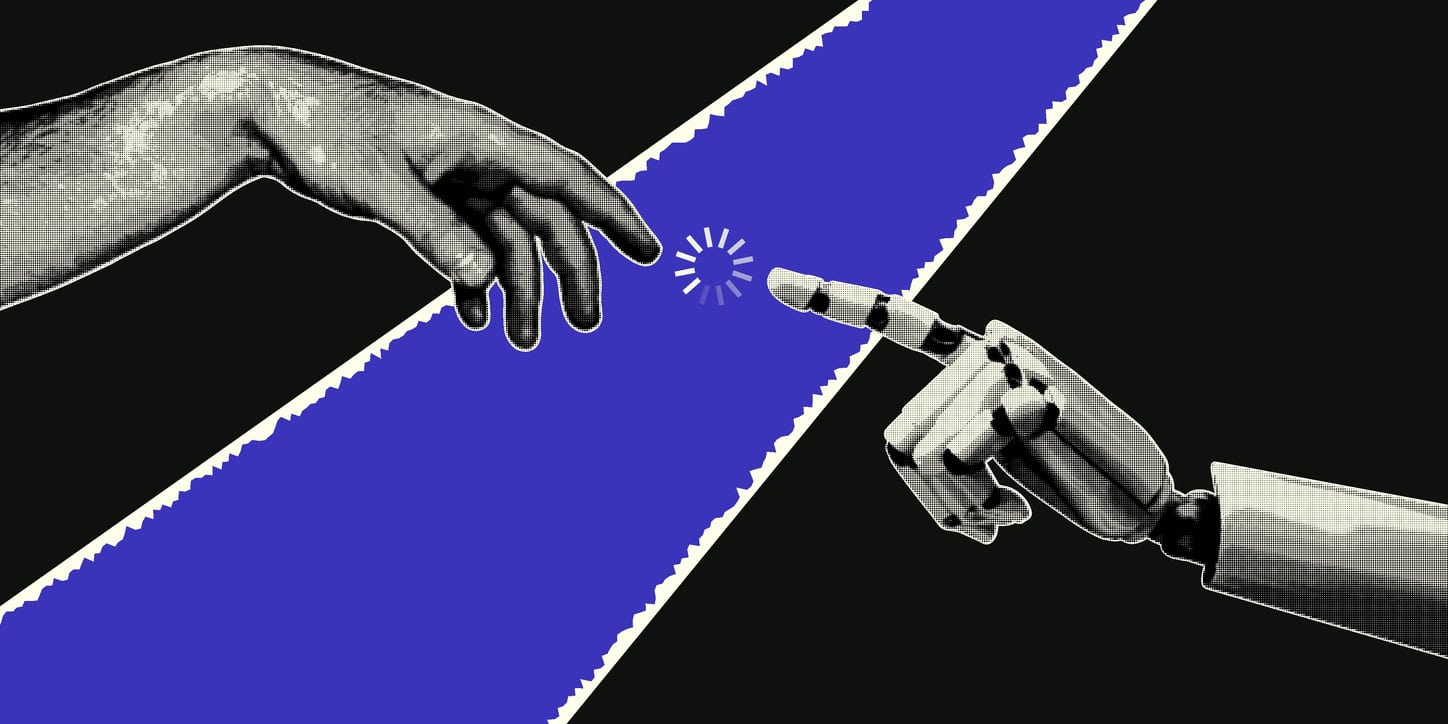If you have never asked this question and don’t have competitors more successful than you then stop reading, jump on your super maxi yacht and sail off into the sunset! But for the rest of us mere mortals, read on.
How often do you stop and look at why they are more successful?
What are they doing differently or better than you that commands more of your target audience’s attention (and wallet)? I think this question is worthy of some processing by the grey matter that lies between your ears.Time to activate the grey matter!
Task: Take 5 minutes now and jot down the top 5 reasons why they are more successful than you – Go on, I double dare you! In my business, I have one such competitor that is very vocal about how successful they are. And being honest, they appear, on the surface, to be that. On a revenue basis, they are approximately five times larger than us. I spent a heap of time studying them, and it took me a long, long time to work out what they were doing better than us. We have a superior product offering, by far. We produce better outcomes and results for our clients. Our service model kicks their lily-white bottom. The list goes on. So, I kept scratching my head. I couldn’t figure out the key points as to why they were more successful (and don’t get me wrong, five times bigger doesn’t mean more successful, but they were certainly doing something better than we were). Then it came to me! Finally, after about 18 months of thinking and analysing, it dawned on me…[insert an image of me kicking myself you know, for not seeing it earlier, for how simple, elegant and amazingly obvious it was] I should have seen it all along.They are communicating better ‘value’ than we are.
That’s it! Nothing more, nothing less. Now, you may not like that answer, but unfortunately, it’s the truth. They, (your competitors and ours) are offering better value. For all the complexity that goes into a good business, the answer is really simple. And once you start to understand this, it brings a whole new dimension to your business (and your future success).Business is about the exchange of value.
Business is primarily about providing the most amount of value in exchange for money. So, when a potential customer is in the process of deciding who to use or purchase from, they are going to choose the one who they believe will provide them with the most value. Origins: Value comes from the Latin word ‘Valere’ which means:- To be strong, be well, be worth.
There are three core components to determining your value
1. It’s not about you!
The biggest problem faced by every business is that they forget it’s not about them. It’s not what I think, it’s not what I believe, it’s not the journey I want to take our clients on. It’s about your customer and the value they seek! The “Holy Grail” is that it is all about them – it’s about the value they perceive to receive. It’s about what they will pay good money for, and what value you are going to offer that is superior (in their eyes) to what the competitors offer. It’s not what they say they want! But you also need to be quite careful, as quite often it’s also not what they say they want. “If I listened to what people wanted, I would have invented a faster horse.” – Henry Ford. It’s about knowing intimately what they really need! Your number one mission is to know your target audience intimately, better than they know themselves. Knowing their secret pains, dreams and ambitions will catapult you ahead of the pack and drive the success of your business; this is the foundation to outperforming your competition. Key takeaway: Know your audience better than they know themselves.2. What problem are you solving?
A great business solves problems. These problems are the challenges that the people you wish to serve face. The problems that cause pain in people’s lives – frustration, fear, anger, and anxiety. Pain and suffering Buddhism talks about suffering being the first noble truth, that life is all about suffering and how we learn to live with it. How nearly all of our decisions are made on how to minimise and avoid pain in our lives. This is what is at the very centre of human emotion and human decision making. Who will be the best at taking away my pain? When you purchase something, the decision making is based on who you believe, like, and trust to do the best job in taking some pain away in your life. Who is going to solve your problems better, quicker, and easier? Seth Godin puts it another way: What change do you want to make in the world? What pain exists in the world that you can take away or solve? This is a change from the way things are done now, to the way they should be done. And this is done by addressing a specific problem or challenge that people face. Your challenge is to provide the best solution to this specific problem. Here are the benefits of figuring out what pain your product/service takes away:- It’s a very different take on a value proposition
- It requires an intimate knowledge of ‘who’
- It sells the problem first, not the solution






